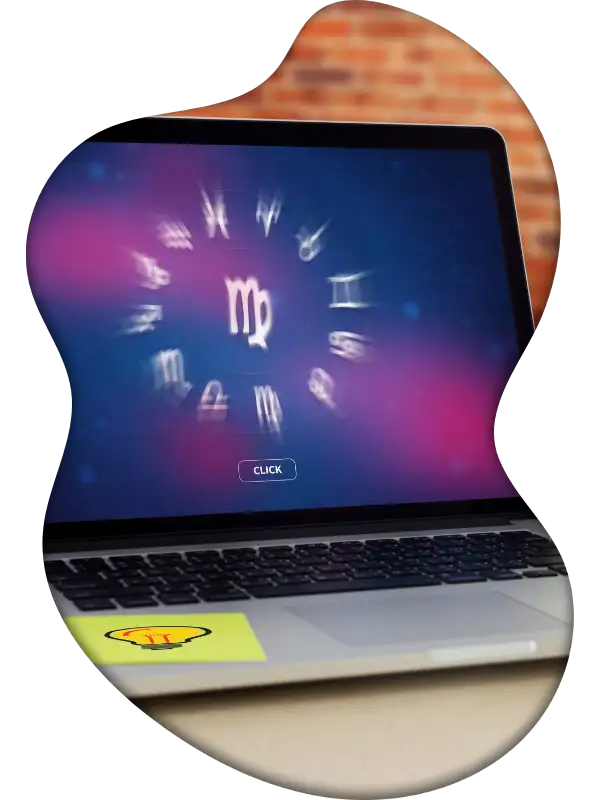Anyone familiar with astrology would likely answer affirmatively to this question. However, as a practicing astrologer, I am inclined to give the opposite answer–Pluto holds no particular significance in astrology. In this article, I will explain why.
[toc]
Argument 1: One of Thousands of Transneptunian Objects
Pluto was discovered in 1930, causing a sensation in society. Astrologers promptly integrated Pluto into their interpretations.
However, as telescopes and detection methods improved, it became known that Pluto is just one of over 3,500 similar objects known as transneptunian objects.
Here is a list of objects comparable to Pluto in size and brightness:
| Name | Apparent Magnitude | Diameter (km) |
|---|---|---|
| Pluto | ≈14 | 2374 |
| Eris | 18.7 | 2326 |
| Haumea | 17.32 | 1720 |
| Makemake | 17.07 | 1426 |
| Charon | 16.8 | 1207 |
| Quaoar | 19 | 1185 |
| Orcus | 19.1 | 983 |
This list could go on. The lower the apparent magnitude, the brighter the object. For example, Sirius has an apparent magnitude of -1.46, while Adhara, one of the fainter stars in astrology, has an apparent magnitude of +4.99.
- The difference between Sirius and Adhara is nearly 6.5 units, yet astrologers consider both.
- The brightness difference between Pluto and Makemake is only three units. However, astrologers exclude Makemake from their interpretations, focusing only on Pluto.
Why did this happen? The answer is simple: Makemake was discovered quietly in 2005 when hundreds of transneptunian objects were already known. Discoveries in the Kuiper Belt had become routine and did not attract media attention.
Astrologers are more attuned to public events and fashions than to dry scientific reports. By the time Makemake was discovered, astrologers had lost interest in newly found objects.
But let's consider: if astrologers do not consider Makemake, Quaoar, or Orcus significant, why should Pluto, not markedly different from them, be included in interpretations? Astrologers justify this for two reasons.
Argument 2: Random Discovery of the First Transneptunian Object
Astrologers often respond that Pluto was the first discovered and has a more significant astrological influence.
The fact that Pluto was the first transneptunian object discovered does not make it special in terms of its impact on earthly processes. The influence of planets and stars does not depend on how or in what sequence they were discovered. The astrologers' argument contradicts basic logic.
With the same success, I can say that taxi driver John, with a prominent Mars in his horoscope, beat his neighbor. Therefore, Mars began to form its aggressive influence on earthly processes 4 billion years before humanity appeared.
Astrologers also argue that Pluto's discovery was accompanied by public resonance, so it significantly influences mass processes more than other objects like Makemake.
I object. Public resonance was because Pluto was the first solar system object discovered 90 years after Neptune. It was a sensation due to the lack of such discoveries for almost 100 years. The discovery of Pluto became a major news story not because it began to influence the masses in 1930. Occam's Razor principle indicates that the simplest explanation (media attention to something new) is usually correct.
Argument 3: Random Naming of Pluto
Astrologers claim Pluto is associated with the 8th house due to mythology, where Pluto is the god of the underworld. However, the name "Pluto" was chosen randomly by an eleven-year-old English schoolgirl, Venetia Burney, inspired by the Roman mythology god Pluto.
The name 'Pluto' was given to it quite randomly. Without verifying Pluto's actual influence, astrologers latched onto the random name and attributed various invented qualities to it.
Astrologers may argue that they have repeatedly observed connections between global catastrophes and significant Pluto aspects and ingresses.
I disagree. Astrology's strength is explaining events post hoc; it has no limitations but cannot be considered a reliable source of information. As an astrologer, I can attribute any global event to the influence of any randomly chosen planet, whether Venus, Pluto, or Makemake.
Unfortunately, astrologers have not provided convincing forecasts of future catastrophes based on Pluto's movements since 1930. If such forecasts regularly appeared and were confirmed, they would attract the media and state institutions' interest in predicting military conflicts, epidemics, earthquakes, etc. However, nothing of the kind has been observed.
Individual "predictions" of fulfilled events against the backdrop of many unfulfilled forecasts based on Pluto's movement are usually statistical "noise" that is untrustworthy.
Thus, from a logical point of view, it is evident that Pluto's significance (compared to Makemake, Orcus, and thousands of other transneptunian objects) is significantly overestimated by astrologers. In reality, astrologers have yet to provide convincing evidence that Pluto has any influence, as astrological forecasts can be made with the same degree of accuracy without considering Pluto.
Finally, the most decisive and effective argument against Pluto is the factual verification of its influence. My second article is dedicated exactly to this—debunking Pluto using real-life examples.


